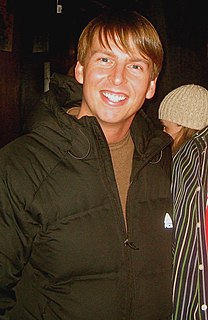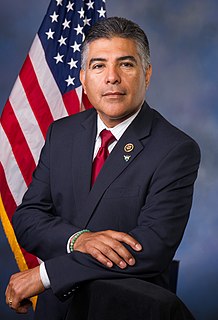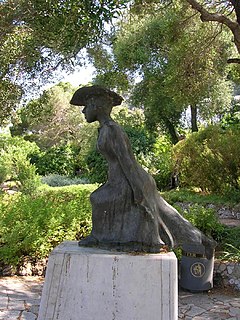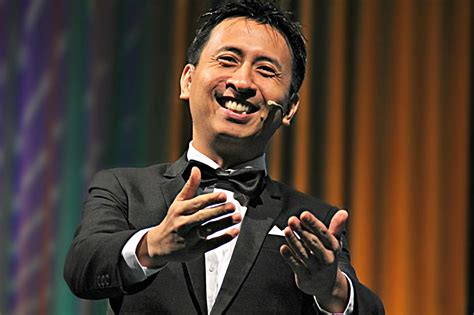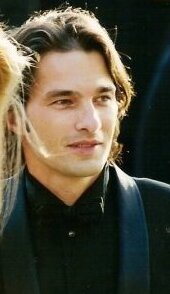A Quote by Ernest Hemingway
Everything is on such a clear financial basis in France. It is the simplest country to live in. No one makes things complicated by becoming your friend for any obscure reason. If you want people to like you you have only to spend a little money. I spent a little money and the waiter liked me. He appreciated my valuable qualities. He would be glad to see me, and would want me at his table. It would be a sincere liking because it would have a sound basis. I was back in France.
Quote Topics
Any
Appreciated
Back
Basis
Because
Becoming
Becoming You
Clear
Complicated
Country
Everything
Financial
France
Friend
Glad
His
Like
Like You
Liked
Liking
Little
Little Money
Live
Makes
Me
Money
Obscure
Only
People
Qualities
Reason
See
Simplest
Sincere
Sound
Spend
Spent
Table
Things
Valuable
Waiter
Want
Want Me
Would
Would Be
Your
Related Quotes
These days, it feels to me like you make a devil's pact when you walk into this country. You hand over your passport at the check-in, you get stamped, you want to make a little money, get yourself started... but you mean to go back! Who would want to stay? Cold, wet, miserable; terrible food, dreadful newspapers - who would want to stay? In a place where you are never welcomed, only tolerated. Just tolerated. Like you are an animal finally house-trained.
I never would have guessed that I would get a job for the way I sound. I would get notes about how I should lose my accent, and part of me thinks, 'How dare you! This is who I am! Millions of people want to sound like me!' But it's sensitive, and I have tried to change it, with little to no success.
Who would you trust right now? Which bank would you trust? Which investment would you trust? Do you really want to put your money; do you want to suffer more of these losses that we just had? You know, these volatility that we see is just unexplainable by any rational standards. Nobody has any clue about how to explain this, and nobody wants to experience that. So, we hold more money back, we don't necessarily want to invest in the market and by default, people are saving more.
I would go with my husband to the tailors where he gets his shirts made, and I would watch the bespoke process. I would ask them, "Would you be able to make that for me?" And they would always say, "Well, yes, but no." They were very French about it. I decided I would just do it for myself. And I started doing that. Then other people would notice, and want it. So I started doing things for friends, little pieces, and my own line grew that way.
There was this conflict within me because so many people would come up to me to ask for prayers for all sorts of things, and 50% would be about money like, 'How can I pay for the tuition fee of my kids?' And I could only pray for them. I had no advice to give them because I didn't know anything about money.
For so much of my life, I lived feeling as if, if I spoke, if I said something, I would lose everything. I would be pushed out. No one will want me. No one will love me. No one would want to be friends with me. It took me decades to get to a space of saying, 'This is my truth. This is who I am, and I don't care if you like me or you don't like me.'
I'd been influenced by reading books on art and colonies that existed in Paris and places like that and so when I came to Europe I came to France and I had very little money, and I had to live low and stayed in a bohemian section of Paris with a lot of other students, who were from medical school, science school and art school. We all lived in a kind of communal way and I was challenged politically, because I didn't have a clue and they would ask me questions about the Algerian War, which was very big in France in the late '50s.
I'm not a movie star like other actors in the way that I need to walk around with a bodyguard. My goal is just to get some interesting parts and make enough money to live free. Otherwise, to be a movie star, it's a lot of compromise and also a lot of headaches. You can't do what you want. You become a prisoner of your fame. This happened to me in France and I don't want it. I want to go to the terrace of a café, have a coffee. I have no problems with the fact that people recognize me, I'm very glad about it, but to be a movie star is kind of unreal for me.




